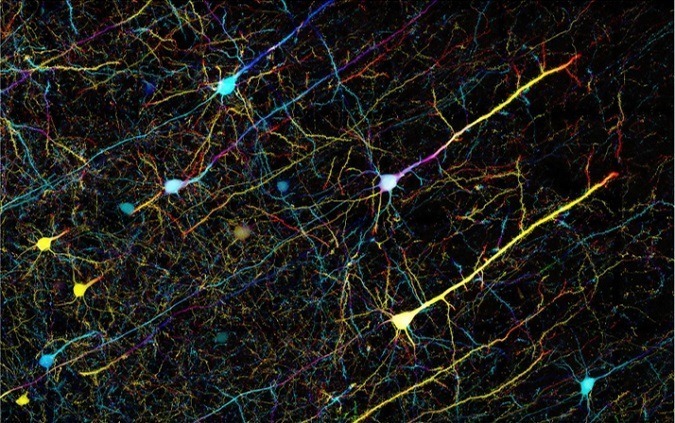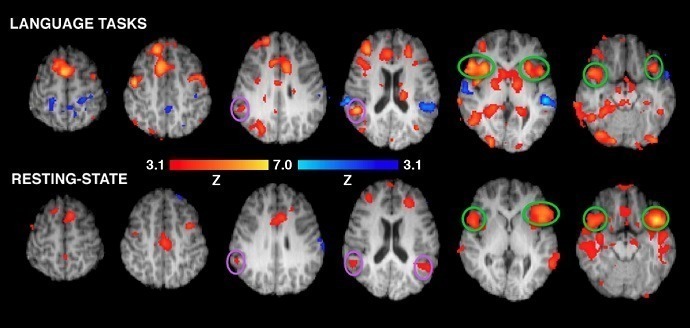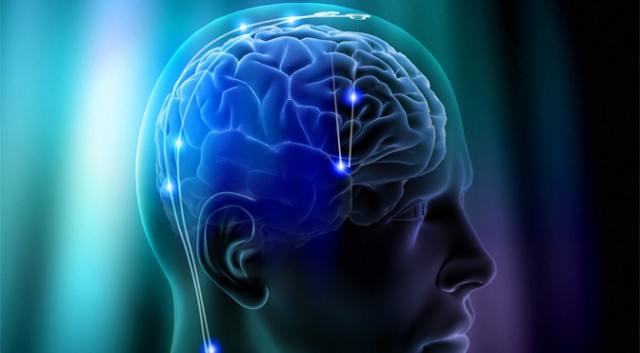Posts Tagged ‘epilepsy’
Study: Wearable sensors and machine learning may well (one day) help detect a broad range of epileptic seizures
Wearable Device Clears a First ‘Milestone’ in Seizure Detection (Medscape; requires subscription): A wrist-worn device that uses machine learning accurately detects different seizure types in findings that have the potential to revolutionize the management of patients with epilepsy. “We have set a first benchmark for automatic detection of a variety of epileptic seizures using wearable…
Read MoreHow to intervene early to address brain/ mental health problems: Examples in depression, epilepsy and smoking cessation
How to intervene early: Examples in depression, epilepsy and smoking cessation from SharpBrains We hope you enjoy this slidedeck supporting a fascinating, forward-looking session held at the 2019 SharpBrains Virtual Summit: The Future of Brain Health (March 7–9th). Full recordings are available for purchase here. 10.45am-12.15pm. How to intervene early: Examples in depression, epilepsy and smoking cessation Dr. Walter Greenleaf,…
Read MoreNext: Monitoring the body’s electrical signalling to enhance brain health
_______ READING THE BODY’S ELECTRICAL SIGNALS TO TREAT ILLNESS (University of Melbourne): “Chemical electricity is how we move, think, and remember. And increasingly, as technology miniaturises and computer power multiplies, it’s how we are treating chronic illness. Since the fully implantable pacemaker was developed in the 1950s to keep a patient’s heart beating in rhythm…
Read MoreStudy: Brain scans mapping language and memory areas can help guide epilepsy-related surgeries
Can brain scans help doctors navigate epilepsy surgery? (UPI) “…When medication doesn’t effectively control epilepsy, surgery may be recommended. Doctors can remove the part of the brain that triggers seizures or use certain procedures to control seizure activity. Before surgery, however, the brain must be “mapped” to ensure the regions responsible for language and memory…
Read MoreNext: Targeted neurotechnology to augment–perhaps even take over–neuropharmacology
Neurotechnology offers new solutions to treating brain diseases (Dell Tech Culture): “A new wave of medical technologies is changing the way we approach studying the brain and treating patients suffering from neurological diseases and mental illness. For people suffering from Parkinson’s, epilepsy, OCD and severe depression, these technological advancements are
Read MoreThinking globally to improve mental health: New NIH initiative
Thinking globally to improve mental health: NIH announces international research initiative (press release): — “The Grand Challenges in Global Mental Health Initiative, led by the National Institutes of Health and the Global Alliance for Chronic Diseases, has identified the top 40 barriers to better mental health around the world. Similar to past grand challenges, which
Read More




